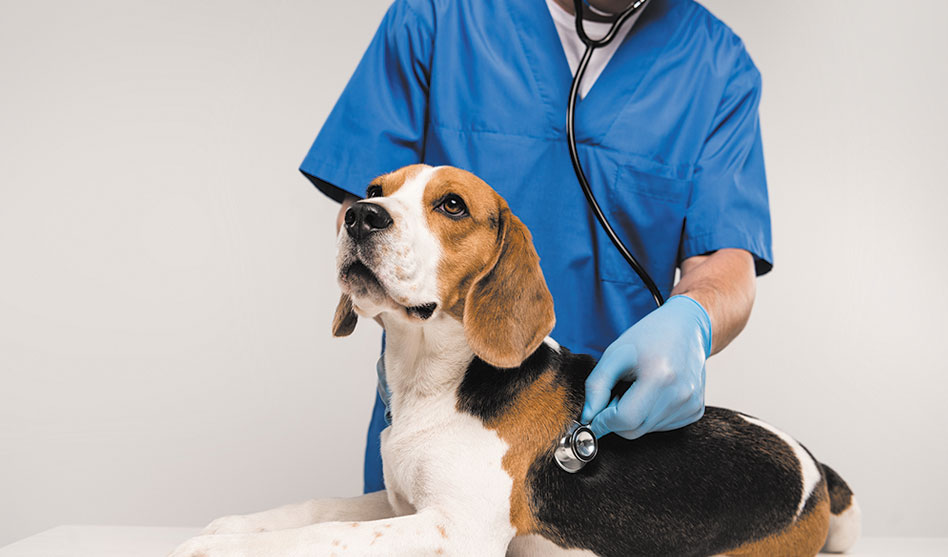 Greetings, Dallas Voice readers, and thank you for joining me in my September Woof column. I hope that the crazy heat we experienced recently is behind us and that better weather is ahead of us.
Greetings, Dallas Voice readers, and thank you for joining me in my September Woof column. I hope that the crazy heat we experienced recently is behind us and that better weather is ahead of us.
Speaking of weather, September is National Disaster Preparedness Month, highlighting the importance of being ready for emergencies such as storms, tornadoes and floods. Since I focus my Woof column on animal related topics, I want to discuss how this relates to those of us who are pet parents.
When we are preparing ourselves for challenging times, we need to make sure our kiddos have food and water for the days ahead. I would recommend having a food and water stockpile that can last several days, stored in airtight containers. Keep this reserve separate from your daily supplies and make sure it is always ready to go if you need to leave your home quickly. Be sure to use the same brand and type of food your pet is used to, as sudden changes can lead to gastrointestinal issues in some pets.
Additionally, consider setting aside some treats, toys and a comforting blanket to help ease your pet’s stress during an emergency, especially if have to be away from home.
Beyond food and water, it is vital to have at least a two-week supply of any medications your pet may be taking, along with heartworm and flea/tick preventatives. Boarding facilities typically require rabies and Bordetella (kennel cough) vaccinations and may also require fecal analysis results (to make sure no intestinal parasites are present). But requirements can vary, so I would recommend ensuring your pet is up-to-date on all necessary vaccines and wellness checks.
Keep both physical and digital copies of your pet’s vaccination records, including the rabies certificate, as these are often required if you need to board your pet. A first aid kit should also be part of your emergency supplies, and it is a good idea to check the expiration dates on medications and kit contents at least every six months.
Don’t forget to save the contact information for at least one emergency veterinary hospital or clinic in your area on your phone.
Consider storing all of these items — and anything else you may need in an emergency — in a backpack or duffle bag, and keep it in an easily accessible spot so you can grab it quickly if you need to evacuate.
I also think it is important to ensure your pet’s collar has up-to-date ID tags, along with their current rabies tag (in case you may not have access to the rabies certificate during an emergency). If your pet is not microchipped, consider getting this done, as pets can easily get lost during emergencies, and having a microchip (and a collar) significantly increases the chances of them being returned to you.
A microchip, which is about the size of a grain of rice, is implanted under the skin between your pet’s shoulder blades. The common microchip does not have GPS capabilities — yet. But it can be scanned at shelters or veterinary hospitals, and, as long as you have registered the microchip under your name and with your contact information, your kiddo should be able to be reunited with you. Remember to update your details with the microchip company if you move or change your phone number.
Finally, consider having a carrier or portable crate ready, especially for cats. If you have a cat, keep a spare litter box and litter on hand as well. Sanitation supplies for cleaning the crate, carrier or litter box are also recommended.
I hope we never have to face any of these emergencies, but being prepared is the best way to protect our families, including our pets, who rely on us for their safety.
Well, the start of fall season is around the corner, and I am excited for all the pumpkin related things! Enjoy the season and best wishes for all of you Dallas Voice readers! Abrazos!
Dr. Josh owns Isla Veterinary Boutique Hospital at 14380 Marsh Lane, Ste. 110, in Addison. Call him at 972-738-1111 or visit IslaVet.com.

